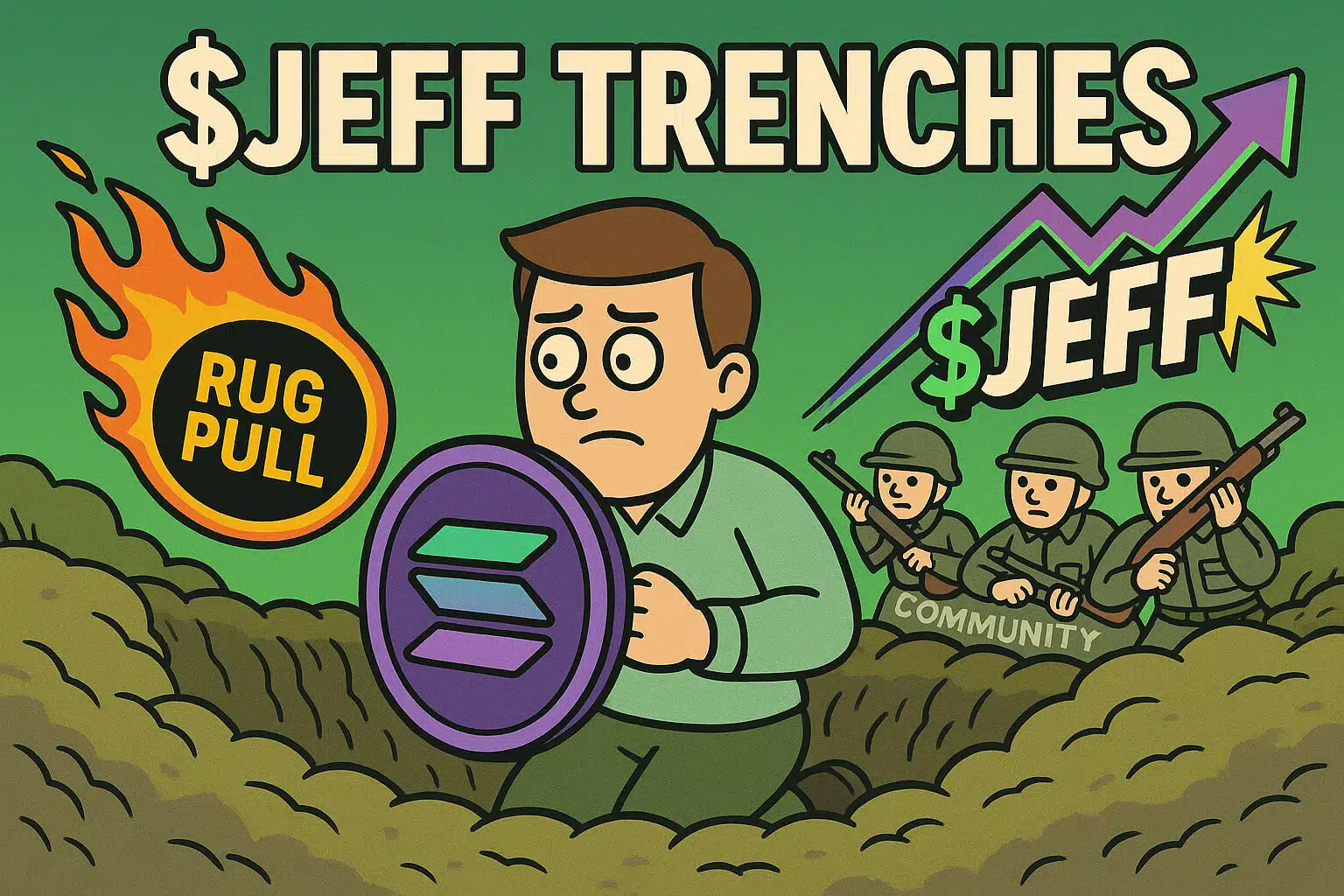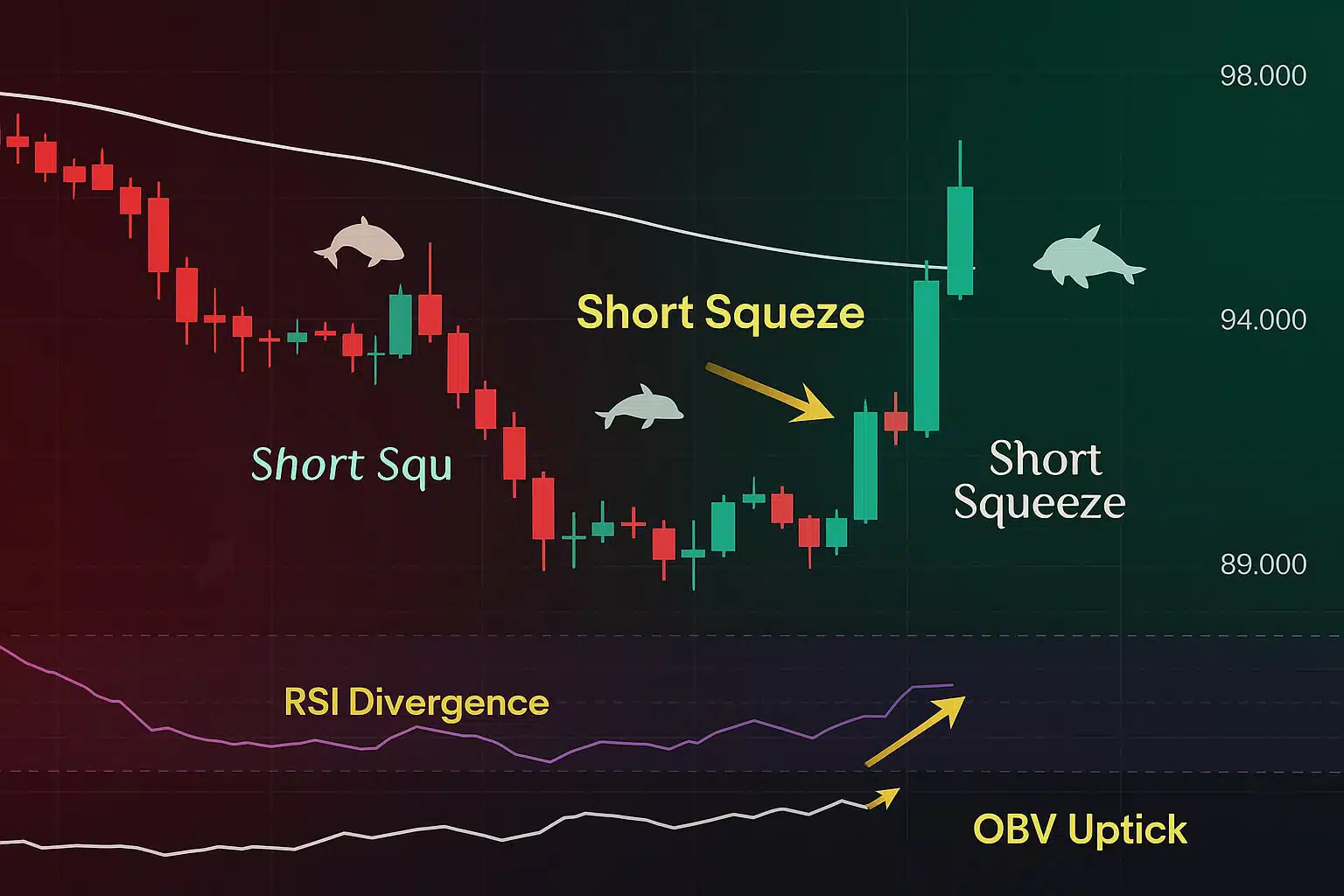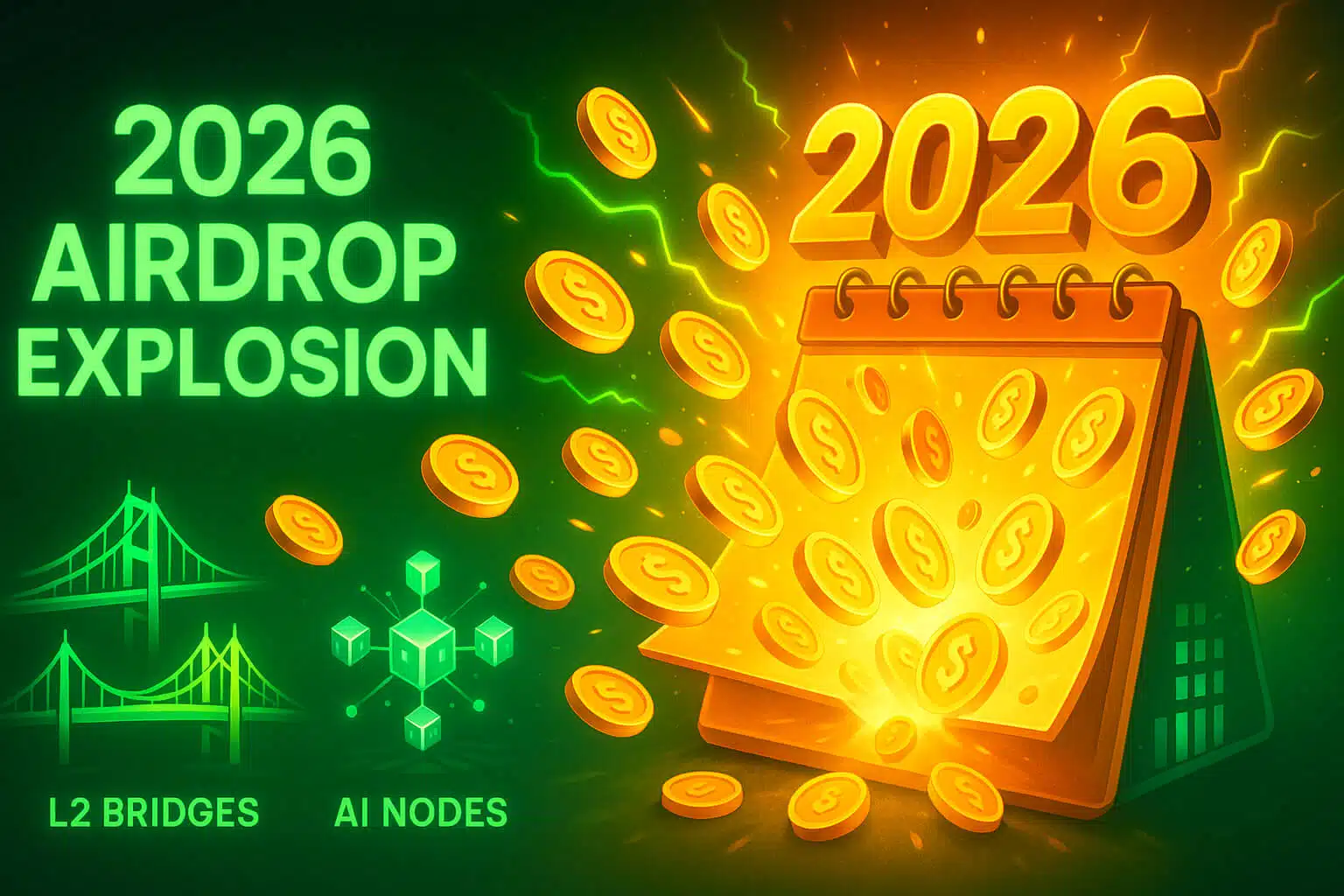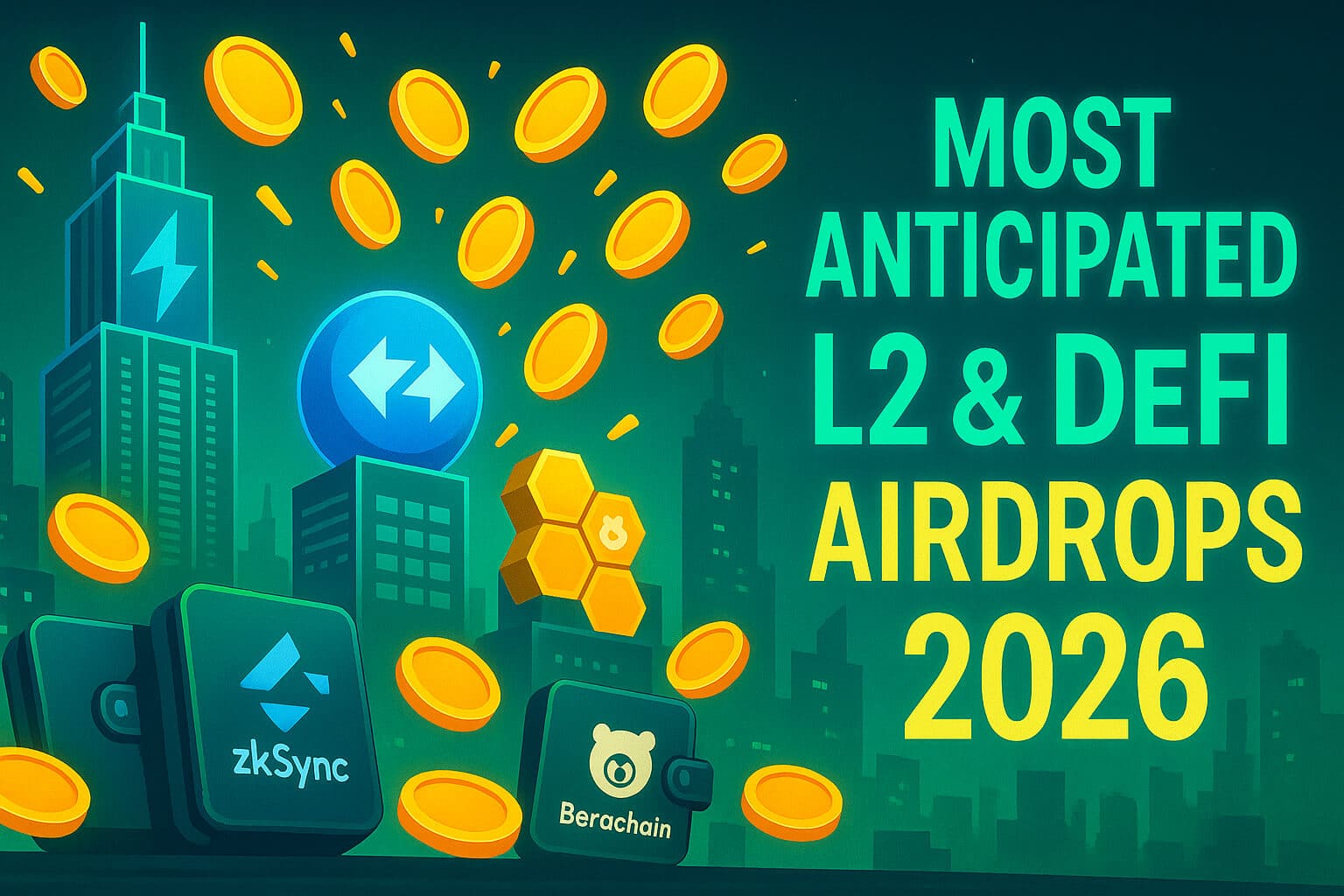Understanding Smart Contracts: The Heart of Web3
Smart contracts are at the core of Web3, revolutionizing how transactions and agreements are executed in the digital world. This guide will delve into the basics of smart contracts, their benefits, functionality, and their transformative impact on blockchain technology.
Ready to unlock the potential of smart contracts? Let’s dive in!
What Are Smart Contracts?
Smart contracts are self-executing contracts with the terms of the agreement directly written into code. They run on blockchain networks, such as Ethereum, ensuring that once conditions are met, the contract automatically executes without the need for intermediaries.
How Do Smart Contracts Work?
Smart contracts operate on a “if-this-then-that” logic. Here’s a simplified overview of the process:
- Agreement Setup: The terms of the contract are coded into the smart contract.
- Conditions Monitoring: The smart contract continuously monitors for the specified conditions.
- Automatic Execution: Once the conditions are met, the smart contract automatically executes the agreed-upon actions.
- Immutable Record: The execution and its results are recorded on the blockchain, providing a permanent and tamper-proof record.
Key Characteristics of Smart Contracts
- Decentralization: Smart contracts run on decentralized blockchain networks, eliminating the need for a central authority.
- Automation: They automatically execute actions when predefined conditions are met, reducing the need for manual intervention.
- Transparency: The code and the executed transactions are visible on the blockchain, ensuring full transparency.
- Immutability: Once deployed, smart contracts cannot be altered, ensuring the integrity of the agreement.
Benefits of Smart Contracts
- Efficiency: Smart contracts automate and streamline processes, reducing the time and cost associated with traditional contract execution.
- Security: They are secured by the blockchain, making them resistant to fraud and tampering.
- Trust: The decentralized nature eliminates the need for trusted intermediaries, as the contract’s code guarantees execution.
- Accuracy: By eliminating manual processing, smart contracts reduce the risk of human error.
Use Cases of Smart Contracts
- Finance: Automating loan agreements, insurance claims, and complex financial transactions.
- Supply Chain: Ensuring transparent and traceable supply chain operations.
- Real Estate: Streamlining property transactions and ensuring timely payment transfers.
- Healthcare: Managing patient records and facilitating secure data sharing.
- Voting: Ensuring secure, transparent, and tamper-proof voting systems.
Challenges and Risks of Smart Contracts
- Code Vulnerabilities: Bugs or vulnerabilities in the code can lead to unintended outcomes.
- Complexity: Creating and understanding smart contracts require a good grasp of programming and blockchain technology.
- Legal Status: The legal recognition and enforcement of smart contracts are still evolving.
Getting Started with Smart Contracts
- Learn the Basics: Understand blockchain technology and basic programming concepts.
- Choose a Platform: Ethereum is the most popular platform for smart contracts, but alternatives like Binance Smart Chain and Solana are also viable.
- Set Up a Wallet: Create a crypto wallet, such as MetaMask, to interact with the blockchain.
- Write Your Contract: Use programming languages like Solidity (for Ethereum) to write your smart contract.
- Deploy and Test: Deploy your smart contract on the blockchain and rigorously test it to ensure it functions as intended.

Wrapping Up: The Future of Transactions
Smart contracts are revolutionizing how we execute agreements and transactions, offering unparalleled efficiency, security, and transparency. As Web3 continues to evolve, smart contracts will play an increasingly critical role in shaping a decentralized and automated digital future.
FAQs about Smart Contracts
- What is a smart contract? A smart contract is a self-executing contract with the terms written directly into code, running on a blockchain.
- How do smart contracts work? Smart contracts execute automatically when predefined conditions are met, with the outcome recorded on the blockchain.
- What are the benefits of smart contracts? Benefits include efficiency, security, trust, and accuracy in executing agreements without intermediaries.
- What are common use cases for smart contracts? Common use cases include finance, supply chain, real estate, healthcare, and voting systems.
- Are there risks associated with smart contracts? Yes, risks include code vulnerabilities, complexity, and evolving legal status.
Interesting External Links:
By understanding and leveraging smart contracts, you can harness the power of automation and decentralization, driving innovation and efficiency in various industries. Happy exploring!
















